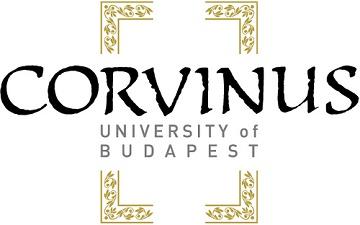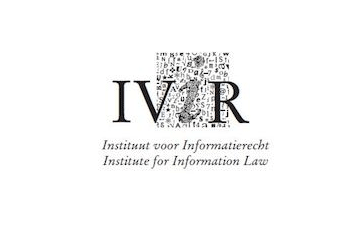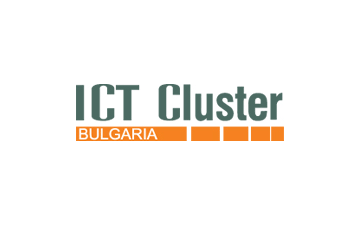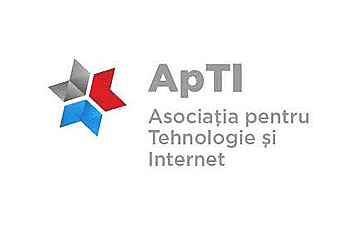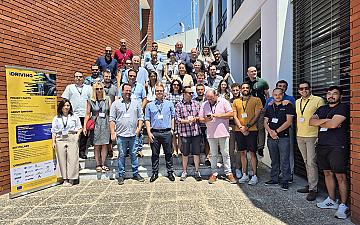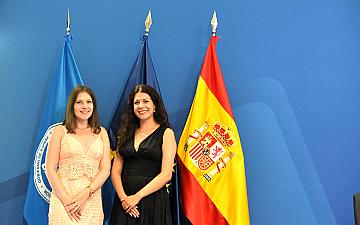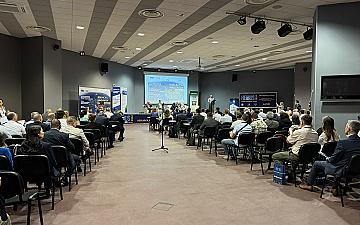The underlying purpose of the concept electronic commerce (e-Commerce) is to define and introduce all activities on Internet that emerge and develop in the area of the world’s globalizing economy. It includes different versions of business processes and activities, realized in the open network. Nowadays, we witness a notion of electronic economy (e-Economy) because a substantial part of the traditional business activities is being increasingly transferred in the new dimensions of Internet, utilizing its advantages and opportunities.
In our everyday life more and more new concepts, defining distinct commercial activities are developing, such as: e-Banking, e-Engineering, e-Franchise, e-Tourism, e-Gambling, e-Education, e-Stock-trading, e-Offshore banking, e-Services, etc., as well as e-Commerce.
In 2004 Law and Internet Foundation presented the very first analysis of the legal aspects of e-Commerce in Bulgaria. The purpose of the report was to accumulate and analyse data in relation to the status and the legislation development tendencies of the e-Commerce in Bulgaria. The objects of the study are all aspects of Bulgarian e-Commerce legal framework – contractual law, e-documents and e-signatures regime, e-banking, financial services and tax levy on e-Commerce, consumers’ protection, personal data protection and protection of intellectual property rights. The first part of the report includes identified obstacles in the development of e-commerce, possible measures for their overcoming as well as good practices and perceived approaches for legal regulation of e-Commerce in the Members State of the European Union. The second part of the analysis contains a package of proposals for amendments of ongoing legislation, which implements the relevant European legislation in the field.
In 2005 members of the Law and Internet Foundation staff developed the first draft of the Electronic Commerce Act and complemented it with a package of normative acts for amendments of the ongoing e-Commerce legislation later that year. These measures represented the last step for implementing the European requirements for the public relations regulation concerning e-Commerce.
Law and Internet Foundation experts have participated in the elaboration of the Commercial Register Act and the Rules of Entering by consulting the entire process of commercial registration, including leading, preserving and accessing the Commercial Register as well as the related activities for registration, obliteration and announcement of circumstances.
Law and Internet Foundation also carried out several trainings regarding the legal framework in the area of commercial registration, the keeping of BULSTAT Register, the implementation of the procedures for Rules of Entering, as well as the practical application of the Commercial Register Act.
Projects
- Seminar for Building the Capacity of State Agency for IT and Communications on the Essence and Application of the e-Commerce and e-Governance Acts
- Training of Registry Agency Employees on the Legal Framework in the Area of Commercial Registration and the Keeping of BULSTAT Register
- Training officials from the Registry Agency on the Application and Implementation of the Commercial Register Act
- Drafting and Bringing Up-to-Date a Set of Normative Documents for Amendment and Supplement of the Current Legal Framework in the Electronic Commerce Sector
- Elaboration of e-Commerce Act Draft Document

